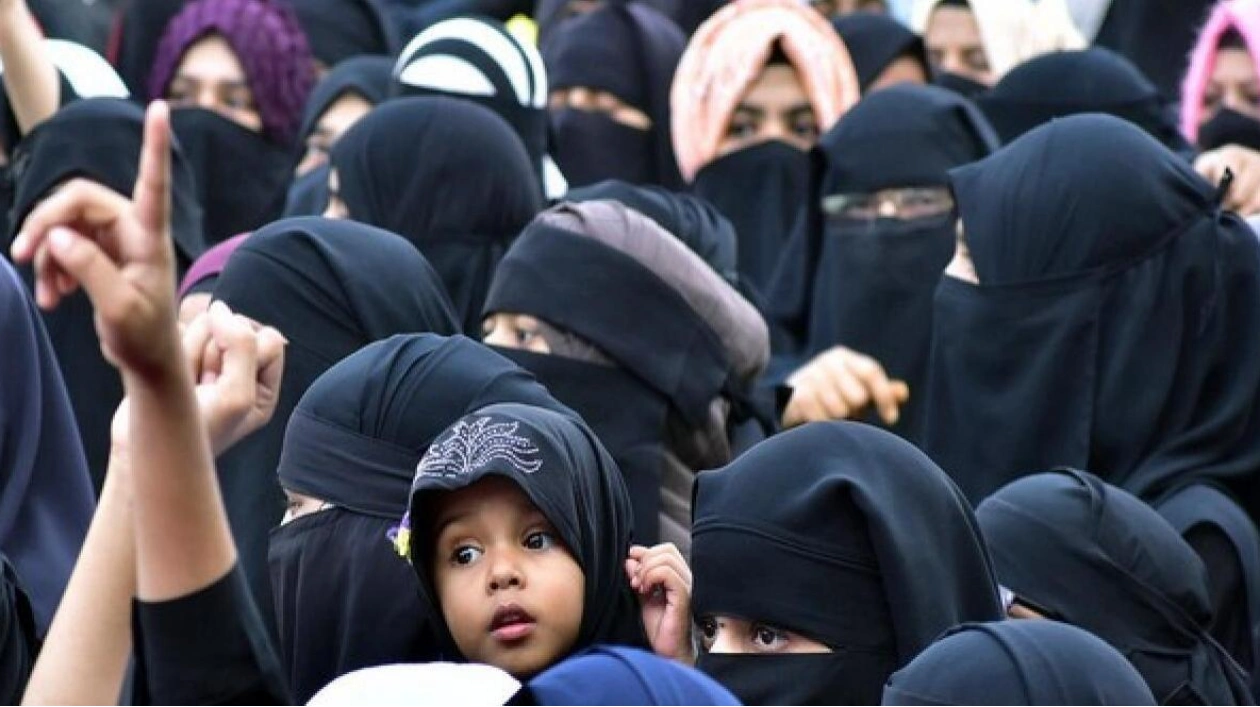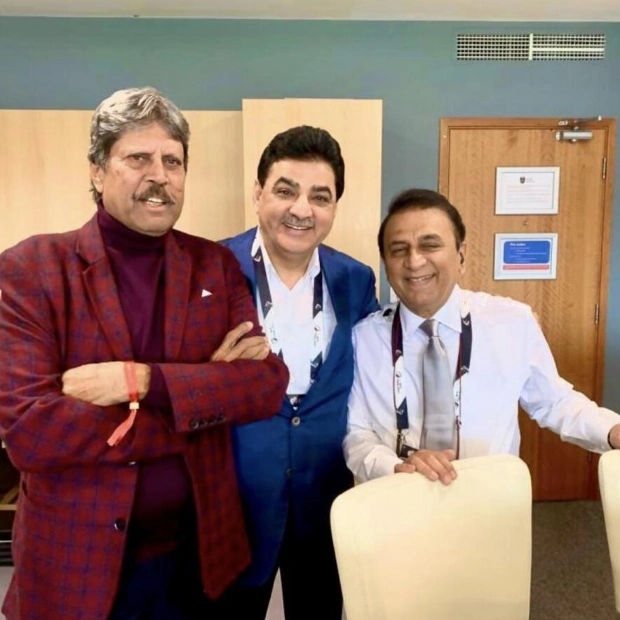The Supreme Court has determined that Section 125 of the Code of Criminal Procedure (CrPC) is applicable to all married women, including those of the Muslim faith, granting them the right to seek maintenance from their husbands under this provision. The court emphasized the importance of recognizing the contributions and sacrifices of 'homemakers,' who are integral to the Indian family structure, and advocated for financial support through joint accounts and ATMs.
A panel of Justices BV Nagarathna and Augustine George Masih clarified that Section 125 CrPC, which pertains to a wife's right to maintenance, extends to all women, and divorced Muslim women can also claim maintenance from their former husbands. The court specified that Section 125 of the CrPC is applicable to all married women, irrespective of their religious background, and also to non-Muslim divorced women.
Regarding divorced Muslim women, the court explained that they can choose to seek remedies under either the Special Marriage Act or the 1986 Act, or both, as these laws complement rather than contradict Section 125 of the CrPC. This ruling was issued in response to an appeal against a High Court of Telangana decision that reduced the interim maintenance amount from Rs 20,000 to Rs 10,000 per month.
Senior Advocate S Wasim A Qadri and advocate Saeed Qadri represented the husband, who contested the maintenance amount citing sections 3, 4, and 5 of the Muslim Women (Protection of Rights on Divorce) Act 1986. The Supreme Court upheld the High Court's decision, affirming the petition's maintainability under Section 125 of the CrPC.
Justice BV Nagarathna highlighted the financial vulnerability of married women in India, particularly those without independent income, who rely entirely on their husbands for financial support. He emphasized the need for husbands to be aware of their responsibility to provide financial resources to their wives, especially for personal expenses, to ensure their security and well-being within the family.
The court concluded that protecting both the financial security and residence security of Indian women is crucial for empowering 'homemakers,' who are the backbone of Indian society's fundamental unit.






